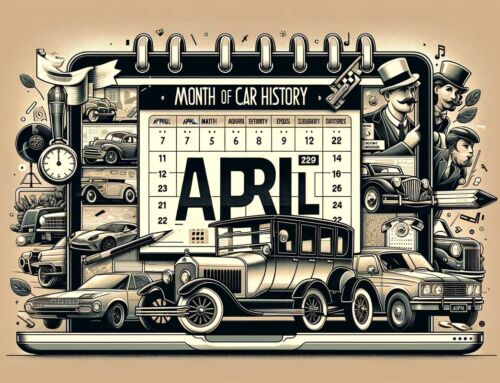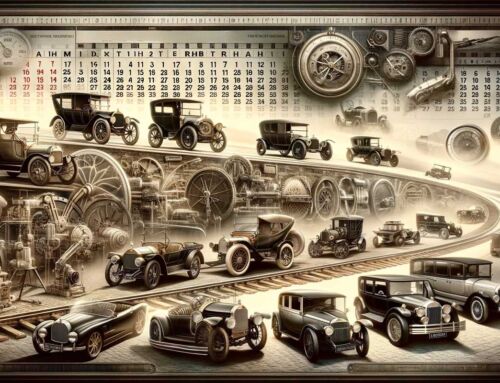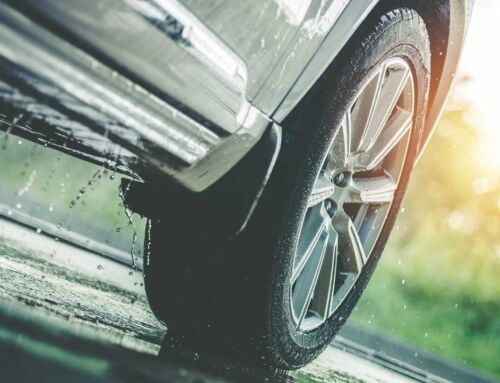Routine car maintenance is the best preventative measure you can take to protect your ride. With basic care and regularly scheduled inspections, you can save money on potential repairs by catching small issues early and ensuring everything is running properly. To get a jump start on caring for your car, here is our guide to a routine auto maintenance schedule that will save you time and money.
Immediate Auto Maintenance To-Dos
The first thing you should do after purchasing a vehicle is read the owner’s manual thoroughly. Every car comes with their own set of needs and required maintenance, which your manual can shed light on for optimal care.
Maintenance Schedule
There’s been plenty of debate on how often to change a car’s oil. But don’t fall for the 3,000 miles versus 5,000 miles myth. The actual recommendation ranges widely depending on your car model, the oil used and your mileage. Some cars can even go up to 10,000 miles without needing an oil change. A quick read through your owner’s manual will let you know when to schedule your next oil change.
Manufacturer Recommendations
Car care relies on more than just regularly scheduled maintenance. To prolong the life of your car and extend time between routine check ups, use the recommended air filters, oil, gas and fluids that are outlined in your owner’s manual.
Monthly Auto Maintenance
Your car goes through a lot every four weeks, especially if you’re a regular driver, experience stop and go traffic or if you live in an area with high humidity or severe weather. Although you don’t need to take your car into the shop each month, you can run your own inspection at home to make sure everything is running as it should be.
Here’s our list of items to check each month when inspecting your car:
Lights
It may be easy to tell when a headlight is out. However, you should also regularly check your tail lights and brake lights to ensure they’re in working order as well. Also, keep an eye out for any warning lights on your dashboard, like check engine lights. If one pops up, check your owner’s manual for recommended action.
Tires
Checking your tires regularly can do more than prevent a flat. It can save you money and improve your gas mileage if your tires’ air pressure is at their peak. Keep a cheap tire air pressure gauge in your glove box for periodic checks.
Fluids
You may not need to change your car fluids monthly, but a quick check can help you detect any issues early. Check the levels, hoses and containers to see if there are any leaks, low levels or if there’s a problem with the fluids. For example, if your oil is gunky even after just being changed, then it could be a sign that something is off in your engine.
Clean Interior and Exterior
A clean car is a happy car. Keeping the interior de-cluttered and fresh prevents any issues with mildew, mold or stains. Washing the outside of your car regularly helps you detect any scratches or dents in your exterior. Not to mention, it’s always nice rolling up with a squeaky clean ride.
Check Battery
Your battery may only need to be replaced every year or so. However, you can extend the life of your battery by keeping it clean and checking its charge each month. You can keep a battery cleaning brush on hand to get rid of any corrosion or debris that may be affecting your battery’s performance.
Additional Maintenance
Automobiles require several moving parts to operate properly. Although the above should be checked regularly, you can go several more months before checking or replacing other parts of your car engine. Here’s our recommended list of other areas to monitor and when to replace or change them:
Every 3 Months
- Serpentine and Timing Belts
- Engine Oil and Filter
- Fuel and Air Filter
Every 6 months
- Windshield Wipers
- Windshield Wiper Fluid
- Tire Rotation
- Polish
Every 12 months
- Brake Pads
- Cabin Air Filter
- Steering and Suspension
With proper care and maintenance, you’ll have a safe and dependable ride for several years to come. There are also auto maintenance apps to help you remind yourself of needed maintenance.




